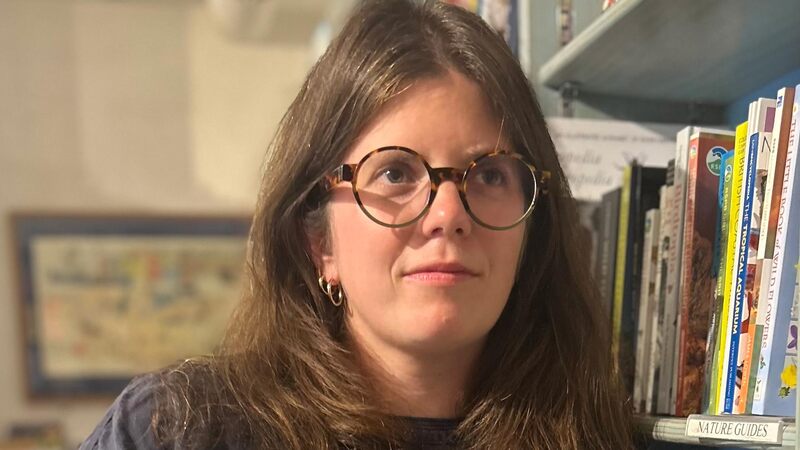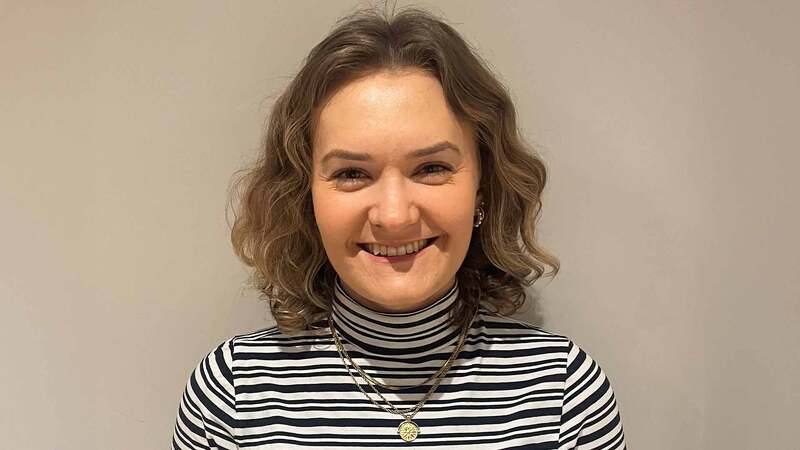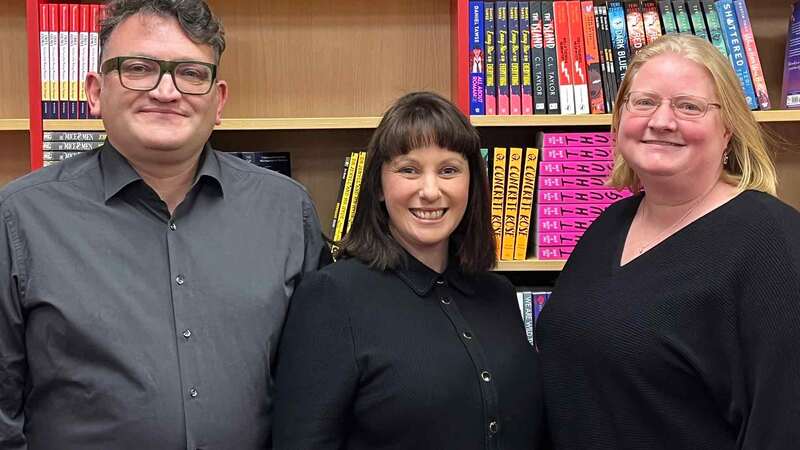You are viewing your 1 free article this month. Login to read more articles.
The publisher’s apprentice
In spring 2017, the way the UK government funds apprenticeships in the UK is changing. The Apprenticeship Levy will require all employers operating in the country, with a payroll of over £3m a year, to make an investment in apprenticeships. For publishers, the levy is an opportunity to encourage a new way of thinking about how to attract and train young people.
Apprenticeships have not traditionally been a route into publishing, with this type of entry-level job and training more associated with vocational careers such as plumbing or hairdressing. Publishing has more often than not required degree-level education, even for entry-level roles. In common with many creative industries, aspirant publishers have been expected to use contacts, ask for favours from family friends, and complete a number of internships (often unpaid)—all of which has led to a rather homogenous workforce.
Over the past few years, however, this has been changing. Creative Access, a charity set up to broaden the diversity of the workforce in the UK’s creative industries, has placed over 100 interns from black, Asian and minority ethnic (BAME) backgrounds in the publishing industry; 85% of those interns have gone on to work in publishing. Offering a modern and inclusive alternative to the “old boys’ network” is a necessary step forward for the industry. Other initiatives such as Arts Emergency, which encourages people working in the creative industries to mentor school-age students, offer a similar service.
A fairer workplace
To reflect the demographic of the UK working population and to ensure the best applicants are being considered for jobs, regardless of their education and background, some publishers have abolished the requirement of a degree for many roles. Some have also started apprenticeship schemes. Cambridge University Press has been taking apprentices since 2012, and now has six working across three departments. Other similar programmes have been established, such as Penguin Random House’s The Scheme, which uses non-traditional recruitment avenues: it used Tumblr to attract applicants to its year-long paid placements in marketing and editorial. These two publishers are notable examples of early adopters of progressive recruitment, but we’re seeing this commitment to creating a fairer workforce become standard throughout the industry, sometimes without much fanfare but with a firm internal commitment to fairer recruitment practices.

While the trade is experimenting with initiatives and different ways of working, recruitment processes have been given an extra push by the impending introduction of the Apprenticeship Levy. The UK government aims to have three million people in apprenticeship roles by 2020 and, as noted earlier, this will be paid for by employers in the UK with an annual payroll of over £3m, who will be subject to a tax of 0.5% of their payroll bill over that amount. This income will be stored in individual employers’ digital accounts, which may be accessed to fund external training of apprentices. Of course, there is a raft of government guidance around the levy and its implementation, which the PA is working with its members to clearly understand.
The next step
For an industry which has little experience of offering apprenticeships and in which, until fairly recently, being literate, well-connected and presentable was enough to get you your first job, the PA and its members will have to work hard to ensure apprenticeships are appropriate, rigorous and beneficial to bright students who need a path into the industry, as well as meeting the needs of the trade by developing new talent.
The publishing sector sees this as an opportunity to expand its diversity programme in terms of attracting new talent that may not have considered publishing as a career. Working closely with Creative Access and Creative Cultural Skills, the PA is developing a new Trailblazer Apprenticeship Standard (training and assessment programme) which will be accessible to the broader book and journal-publishing sector. The PA will work with Creative Access to build on its excellent work and promote opportunities to enter the industry in a role that will deliver applicants training both on the job and offsite, and a qualification, while at the same time broadening the industry’s reach into a much greater pool of talent.
Emma House is the Publishers Association’s director of publishing relations.















